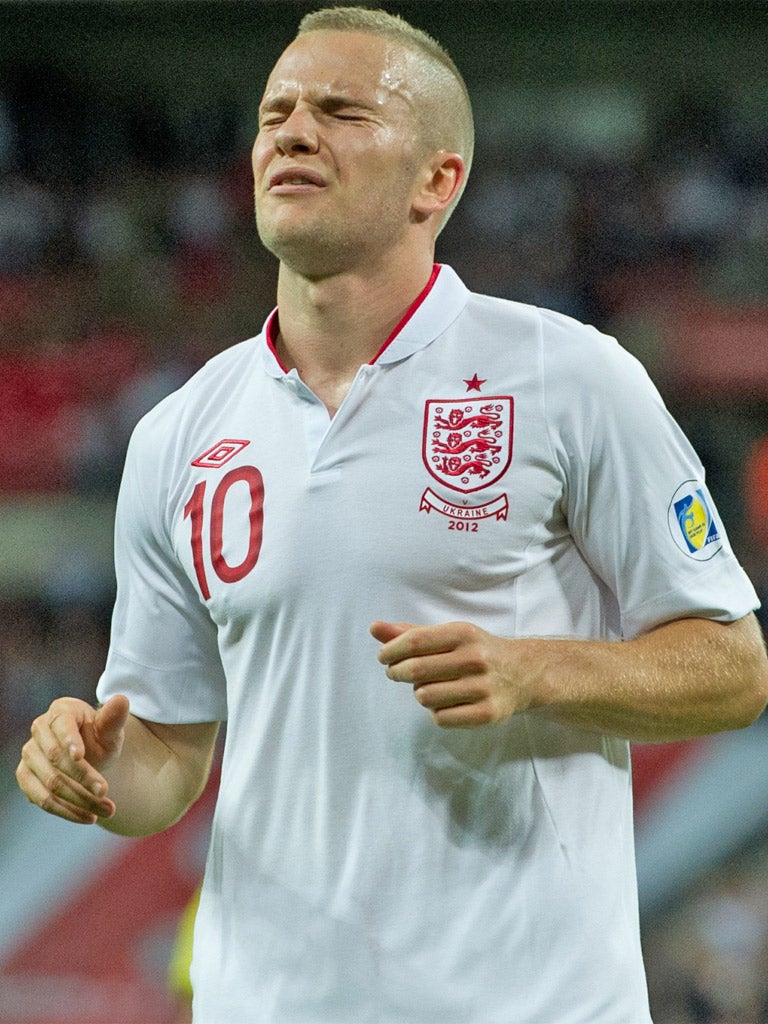FA offers a glimpse of England future that can't come soon enough

Prior to this match the Football Association repeatedly played a video on the stadium scoreboard extolling the virtues of St George's Park, the new National Football Centre which is finally complete, just three decades overdue. The Burton complex is hugely impressive, with every possible need catered for. Good as it is, however, it is still just bricks and mortar, steel, pine and glass. If St George's Park is to make a difference it will through the men and women who work in it, and the ideas that emerge from it.
Progress is being made in that area. The scoreboard also displayed a video showcasing the changes made by the FA's youth development review which was passed in the summer. These include youngsters playing with smaller goals, in smaller teams, and other policies designed to reduce English football's dependence on big kids and long balls. The philosophy was backed up by inclusion in the programme of an exercise from the FA's Future Game manual, which emphasised passing through the thirds.
On the eve of this match one of the FA's brightest young coach educators gave a presentation at Fulham for aspiring coaches which put the theory into practice. This included a session designed to encourage players to keep possession of the ball – the new mantra following the success of Barcelona and Spain – but also to be aware of the fact that possession is a means to an end, not an end in itself, and players should remain aware there are times when the ball should be played forward early. The key is correct, swift decision-making.
Last night the seniors showed why St George's Park, and the overhaul of football development, is required. For long periods England's back six passed the ball to each other for the sake of it, then figured it was time to play it forward. Ukraine, well-organised and content to sit deep, picked it off easily.
Only when pace and penetration were injected into England's game, usually by Steven Gerrard, did England threaten in the first period. Tom Cleverley's misses were both set up by Gerrard, respectively via a first-time cross to Jermain Defoe and an early ball to Frank Lampard. It was not until the last 15 minutes when Ukraine withdrew too deep and England's desperation forced urgency, that England moved the ball swiftly on a consistent basis.
By contrast Ukraine, helped by being a far more cohesive unit than England (unsurprisingly, given this was largely their Euro 2012 team), moved the ball swiftly and purposefully. But then, teams from the region have been playing technical passing football since the days of Valeri Lobanovsky more than a quarter-century ago.
If English football produced such players wholesale two-thirds of the Premier League's starting XIs would not be made up of foreign players. It took decades for the FA to build a national football centre, it could take as long to change a football culture.
Subscribe to Independent Premium to bookmark this article
Want to bookmark your favourite articles and stories to read or reference later? Start your Independent Premium subscription today.

Join our commenting forum
Join thought-provoking conversations, follow other Independent readers and see their replies